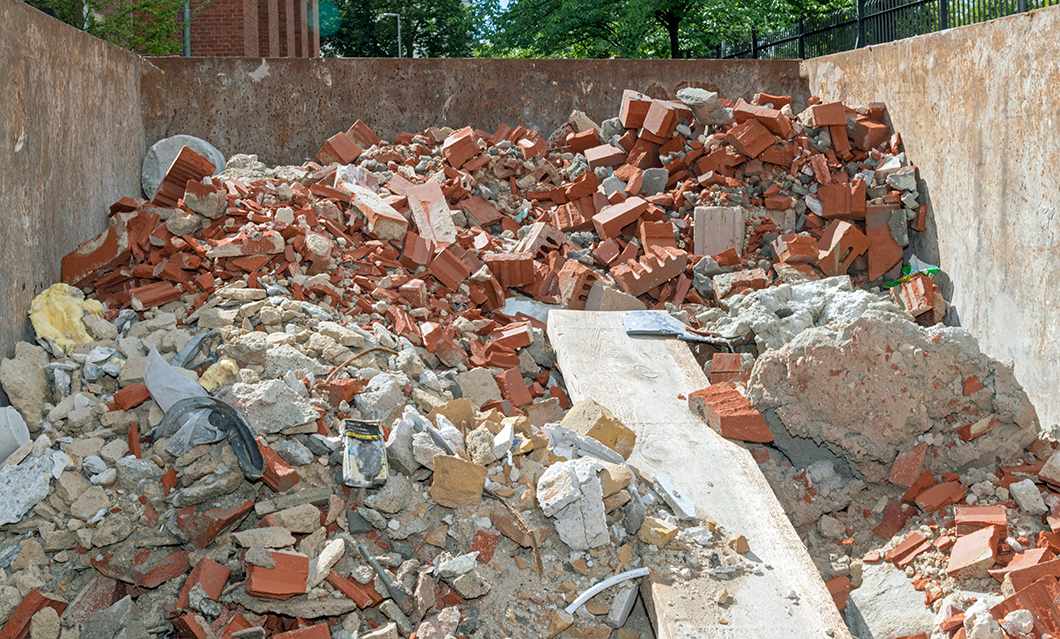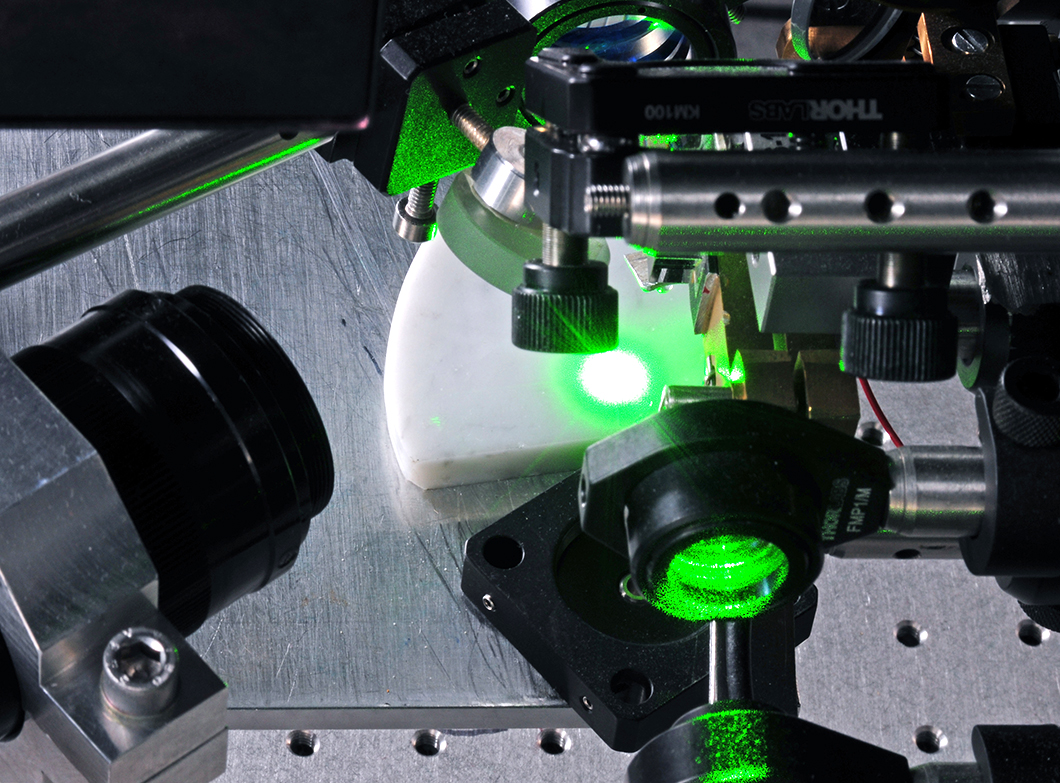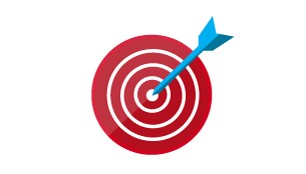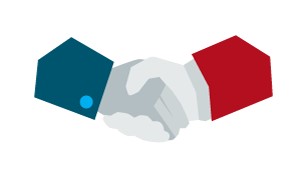
Building rubble, broken bricks
Source: BAM
Project period
01/02/2021 - 31/01/2024
Project type
Collaborative research project
Project status
Closed
Description
Circular economy: The project LIBS-ConSort investigates methods to improve the sorting and recycling of construction and demolition waste. BAM contributes to LIBS-ConSort with the sub-project Method development of sensor-based sorting.
Location
Bundesanstalt für Materialforschung und -prüfung (BAM)
Richard-Willstätter-Straße 11
12489 Berlin
Laser-induced breakdown spectroscopy (LIBS) Source: BAM
Source: BAM
Source: BAM
Source: BAM
Coordination
IAB - Institut für Angewandte Bauforschung Weimar gemeinnützige GmbH
Partners
BAM and 6 further partners from Germany, mainly Berlin and surrounding area
Funding
BMBF Forschungskonzept „Ressourceneffiziente Kreislaufwirtschaft – Bauen und Mineralische Stoffkreisläufe (ReMin)“
LIBS-ConSort - Laser-based sorting to process construction and demolition waste for the circular economy
Germany and the European Union are pursuing an ambitious climate protection policy with the aim of drastically reducing CO2 emissions. A key factor is the decarbonization of industries such as the building materials industry. Closed material cycles and unmixed material fractions are required to achieve this goal and enable high recovery and recycling rates. In construction and demolition waste recycling, the preference to date has been to apply simple but proven techniques to process large quantities of construction rubble in a short time. This is in contrast to the increasingly complex composite materials and structures in the mineral building materials industry. Manual sorting involves many risks and dangers for the executing staff and is merely based on obvious, visually detectable differences for separation. An automated, sensor-based sorting of these building materials could complement or replace this practice to improve processing speed, recycling rates, sorting quality, and prevailing health conditions.
A joint project of partners from industry and research institutions approaches this task by investigating and testing the combination of laser-induced breakdown spectroscopy (LIBS) and VIS/NIR spectroscopy. Processing the information together is expected to significantly improve the sorting quality of various materials like concrete, main masonry building materials, organic components, etc., and could further detect and separate impurities such as SO3-containing building materials (gypsum, aerated concrete, etc.)
Furthermore, subsequent recycling, processing and sales opportunities are examined, such as the use of recycled aggregates in concrete, the recycling of sulphate containing building materials as gypsum substitute, or the agglomeration of synthetic aggregates for lightweight concrete or as a substrate for green roofs. The environmental impact of these recycled materials is constantly questioned and analysed.
Focusing on Berlin as an example, the entire value chain will be examined to minimize economic/technological barriers at the cluster level and to sustainably increase recovery and recycling rates.
BAM sub-project
BAM contributes to LIBS-ConSort with the sub-project Method development of sensor-based sorting. This involves the completion of a prototype that combines the LIBS technology with NIR-spectroscopy and visual imaging to significantly increase the sorting accuracy of construction and demolition waste.
Project coordination
IAB – Institut für Angewandte Bauforschung Weimar gemeinnützige GmbH
Partners
BAM - Non-destructive Testing department
BAM - Non-destructive Testing Methods for Civil Engineering division
TUB – Technische Universität Berlin
SECOPTA – analytics GmbH
BTB – Recycling-Hof GmbH
TBR – Teltower Baustoffrecycling GmbH
Gramm – Gramm Fertigungstechnik GmbH
HeidelbergCement – HeidelbergCement AG
Funding
The project "LIBS-ConSort - Laser-based processing of demolition waste for the circular economy" is funded by the German Federal Ministry of Education and Research (BMBF) in the research programme "Resource-efficient circular economy - Construction and mineral material cycles (ReMin)".


